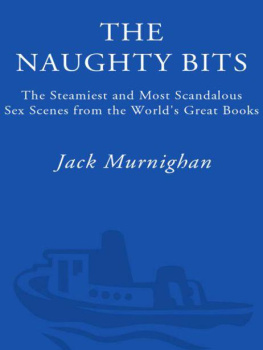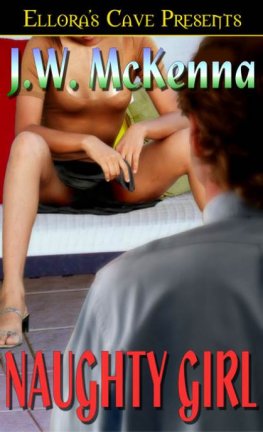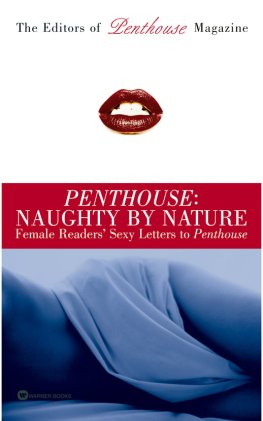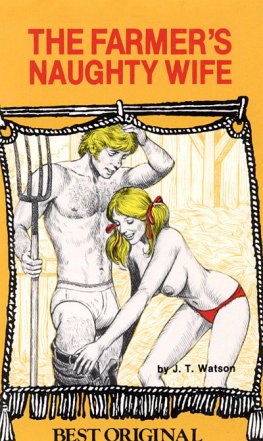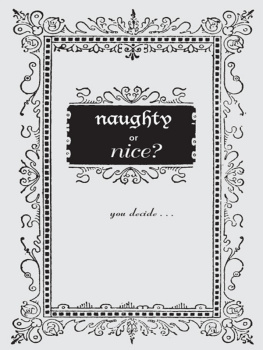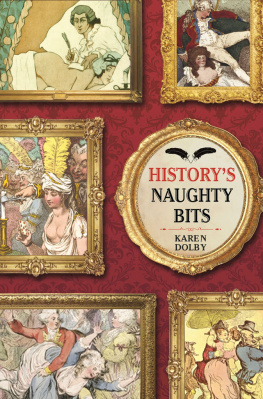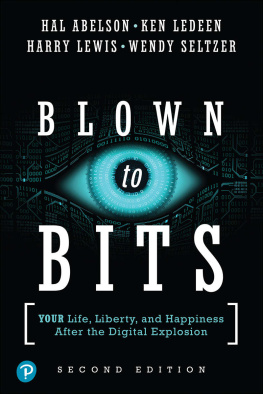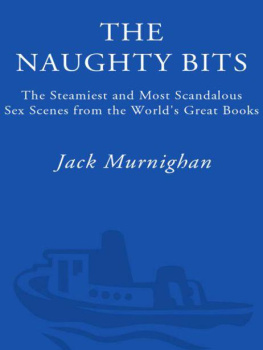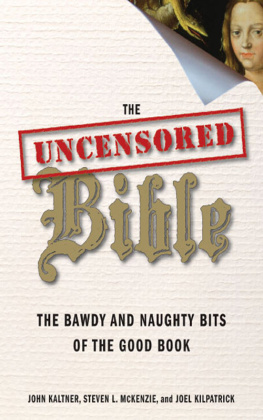Table of Contents
Edited and Introduced by
JACK MURNIGHAN
Also by Jack Murnighan
Full Frontal Fiction:
The Best of Nerve.com
To my grandparents, whose decades of industry have allowed me to spend my life reading and to turn the poets pages with uncallused hands.
Do you ask why I fill all my books with wanton poems? I do it to repel dull grammarians. If I sang the warlike exploits of magnanimous Caesar, or the pious deeds of holy men, what a load of notes, what corrections of the text, I should have to endure! What a torment I should become for little boys! But now that moist kisses are my theme, and the lusty blood tingles at my prurient verses, let me be read by the youth who hopes to please his virgin mistress, by the gentle girl who longs to please her new-made spouse, and by every sprightly brother poet who loves voluptuous ease and mirth. But stand aloof from these frolic joys, ye sour pedants, and keep off your injurious hands, that no boy, whipped and crying on account of my amorous fancies, may wish the earth to press hard upon my bones.
JOHANNES SECUNDUS, BASIA, 16TH CENTURY
Introduction
Three and a half years ago, my best friend Rufus told me he and his girlfriend were going to start a smart sex magazine on the Internet. They were calling it Nerve, and it was supposed to appeal to men and women and pick up where Playboy left off. I was in the middle of doing a Ph.D. in medieval literature and was steadily getting as moldy as most of my books. Rufus wanted to hire me and offered to triple my salary. I had been making a whopping four digits at that point and thought it high time to break five. I packed my suitcase.
My first assignment was to do an article on banned books and to compile some sexy excerpts from banned classics. Putting together the predictable Boccaccio, Henry Miller, James Joyce, Leopold von Sacher-Masoch, and the Marquis de Sade, I jokingly argued that book banning was a good thing; it confirms the power of the books banned and gives people a decent idea of what to read. It also gave me another idea: namely, that there was a lot of sex in the history of literature and a lot in places you wouldnt expect. I suggested doing a weekly column on the steamiest scenes from books past. The Naughty Bits was born.
Every Monday since then, Ive introduced and excerpted everything from Greek myths to Japanese cult novels, Sanskrit lyrics to New York slam. I wanted to include books from the entirety of world literature, but I knew that there was no way I could be exhaustive or even include all the most famous passages. But in a sense, thats not what I was after. Alongside all the usual suspects, I wanted to feature writers and works that most people would be unlikely to associate with sex. Anas Nin, sure. Chaucer, of course. But Dante on erotica? Joyce on rim jobs?
So, although it might have been nice to call this book The Best Sex Scenes from the History of Literature, thats not what it is. Such a thing cannot really exist. Sex is too varied, personal, and intricate to qualify for Bests; what works at one point for one person doesnt necessarily work for someone else, or even for that same person at a different time. I also realized that the column would be a lot more interesting if I included scenes that reflected the truth and diversity of sex, not just idealized fantasies. Cormac McCarthy writing about necrophilia, a medieval poem equating homosexuality to bad grammar: these are not what youd expect to find in your basic erotica anthology, and Im happy about that. The Naughty Bits is ultimately less a book of sex in literature as much as a book about sex in literature. If you come looking for brief and steamy diversions, youll find them, but if you are looking for the ecstasy, agony, absurdity, and poignancy of sex, youll find that too.
Although Im often asked if Im close to exhausting all the naughty bits out there, Ive found that the more I read, the more its clear that sex has permeated literature to such an extent that I could probably collect naughty bits for the rest of my life. Sex is everywhere in writing, but its not always there in the form we think its going to take. And not all authors are up to the challenge. I often joke that half the sex scenes in the history of literature consist of only one word: afterwards. And its almost true. You get all the buildup, perhaps even some heavy breathing and the taking off of shoes, and then Afterwards, Gary and Bunny picked up their fallen clothes and... Yeah, yeah. Cop-outs we have known.
The Naughty Bits is a celebration of all the writers who decided that a single word wasnt enough, that something in the knocking together of the bodies, the mixing of memory and desire, the slip of skin and sweat on skin and sweat was an integral part of the human experiencesomething vital to their characters and thus their stories, not to be missed.
Of course, not everyone agrees. Some people believe that sex is better left behind closed doors and that to bring it out for public scrutiny somehow demystifies it, strips it of its magic. To me, all human experience shimmers with the luster of miracles, if we can bring ourselves to see it. Poets and fiction writers do their best to point it out; in those rare moments that they succeed, they are really creating art. Yes, sex is full of mystery, but it would take a lot of monkeys sitting at a lot of typewriters for a lot of eternities to begin to capture any of that magic on paper. When we are examining whats worthy of spilled ink, we should be less concerned with robbing something of its mystery as catching some measure of it. Its doubtful that any art, even photographs, steals the soul of the subject; the bigger question is whether, when the negatives are tweezed out of the fixer, any soul is visible on the film. We have to hope there is. And if sex is so likely to be divested of its gravity by writing about it, then what of love? And what of death?
The irony, of course, is that the accomplished sex writer, not unlike the capable psychiatrist, neurosurgeon, or relief worker, undoes the need for his or her labor in the very act of doing it. You write well about sex and your readers close the bookto move on to the real thing. Thats why the most archetypal of all naughty bits in the history of literature is also my favorite: Dantes story of Paolo and Francesca in the Inferno. Banished to Hell for adultery, Francesca tells how it was a book that did them in. They were reading the tale of Lancelot when things got a bit steamy. Paolo looked at her, they kissed, and the book fell to the floor. Now that Ive got the best of the naughty bits together in one volume, I hope you find ample occasion to drop it too.
FROM The Inferno by Dante
... There is no greater pain
Than to remember happy days in days
Of sadness...
But if to know the first root of our love
You have so strong a desire,
Ill tell you as one who weeps while she speaks.
One day, for pleasure simply, we were reading
Of Lancelot, and how love overpowered him;
Alone we were, and free from all suspicions.
Often that reading caused our eyes to meet,
And often the color from our faces went,
But it was a single passage that overcame us:
When we read how the desired smile was
Kissed by so true a lover as he, this one,
Who from me never will be taken,
Kissed me, his body all trembling, on the mouth.
... And no more did we read that day.
translated by Jack Murnighan
from Lady Chatterleys Lover
D. H. LAWRENCE
Lawrence delivers. No book in any public library is likely to be as dog-eared from furtive bathroom reading as Lady Chatterleys Lover. Sure old D. H. had some dubious politicsno small number of sexist and classist remarks suppurate forth from his booksbut the man could write a sex scene. First published privately in Italy in 1928, Chatterley caused the predicted uproar and was banned in the United States until the late 1950s. Finally, an American judge approved it as the classic it surely is. The first sentence gets us going (Ours is essentially a tragic age, so we refuse to take it tragically), and it doesnt lose steam thereafter. Readers who fast-forward a hundred pages to get to the raunch lose out on Chatterleys nuanced social critique. But dont worry, thats just what well do.

